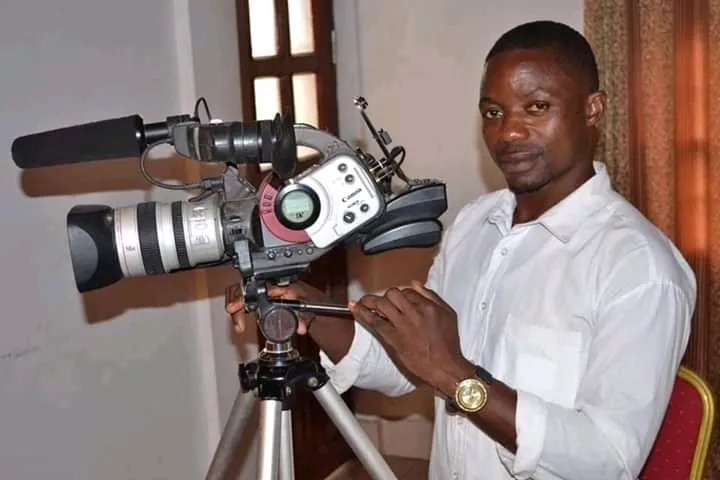By Hans Ngala
Today, November 2, 2025, marks the International Day to End Impunity for Crimes against Journalists.
This day was established by the UN in Resolution 68/163, inspired by the tragic killing of two French journalists, Claude Verlon and Ghislaine Dupont, who were abducted and murdered on November 2, 2013, in Kidal, northern Mali.
That a day like this has to be established, just goes to prove how deadly journalism can be. It also proves how powerful it is. Journalists are often targeted and killed for their work because it has the power to topple corrupt regimes, expose corruption and lead to the fall of powerful corporations involved in shady deals.
In fact, the Committee to Protect Journalists described 2024 as the “deadliest year for journalists in CPJ history”, stating that a record 124 journalists were killed in 2024 – the largest number since the organization began collecting data on the arrests or killings of journalists since 1992.
CPJ states that “All of the 2024 killings point to the increased dangers facing reporters and media workers – and the threat that poses to the flow of information worldwide.”.
While Samuel Wazizi was tortured to death in August 2019 for his coverage of the Anglophone Crisis in which he was critical of government’s handling of the crisis – authorities only admitted that he had died, ten months later in 2020. They claimed he died of “severe sepsis” but would not explain how a man who was healthy before they arrested him, developed sepsis.
About Wazizi’s killing CPJ writes: “His death illustrates both the extreme risks journalists face and the extreme lengths governments go to in order to hide the circumstances surrounding their deaths. It also illustrates dangers faced by journalists covering conflict and laws that suppress dissent. Wazizi’s family denied official claims that he maintained close contact with them while in custody and that they were immediately informed of his death”
The media monitoring organization also states that “It (Biya’s government) never released Wazizi’s body to his family and denied an autopsy by an independent forensic pathologist” and that “No new information about his death has surfaced, despite a French ambassador saying in 2020 that Cameroon President Paul Biya had promised an investigation”.
CPJ adds that: “In November 2024, a justice ministry official told the U.N. that Wazizi’s case was closed, and his file was classified”.
Given the way Cameroonian authorities have shrouded Wazizi’s case in secrecy, it is clear that they are not telling the whole story and are protecting powerful people in high places.
Today being the International Day to End Impunity for Crimes against Journalists is also a reminder to us that our duty as journalists is not to be bedfellows with any political party, movement or government. Our calling is to serve the public and to expose wrongdoing, hold the powerful to account and push for a better society. Samuel Wazizi did just that and for his body to not be handed over to his family to at least bury him respectfully and have closure, is to injure them twice: first by his murder and the insult of his body and memory.
Wazizi’s killing is a tactic meant to instill fear and silence criticism from the media but it is also an indictment on those who killed him. They chose to silence a man whose only tool was his voice but in it is in times like these that the media must be bold and speak truth unwaveringly and categorically, regardless of who is behind the reins of power because silence is tantamount to complicity and any of us could become the next Wazizi
